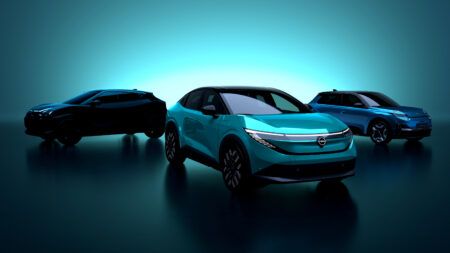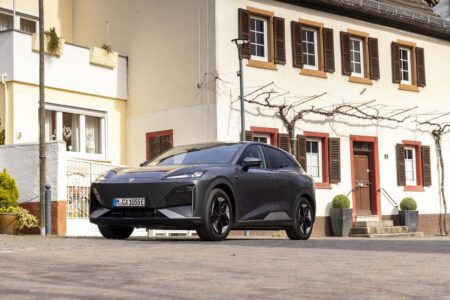The lightweight solutions are expected to be two-thirds lighter than conventional fuel cell systems, thereby paving the way for net-zero carbon emissions across high-performance automotive, motorsport and aviation industries. The solutions to be achieved will be a significant milestone in net-zero carbon technology innovation, enabling a multitude of maximum payload applications to have the power density figures required in hydrogen mobility.
“We are delighted to be working with AVL on this collaboration to increase fuel cell power density and thus improve performance,” said Rob Gray, Technical Director, Red Bull Advanced Technologies. “The high-performance arm of Red Bull Racing Group It goes to show how beneficial the application of cutting edge F1 inspired engineering can be with solving real-world problems.”
Joint investigations indicate that upon successful completion, dramatic improvements in gravimetric power density can be achieved with values towards 6kW/kg on stack level and 2kW/kg on fuel cell system level. This technology has the potential to result in the world’s highest gravimetric power density PEM fuel cell system.
“This exciting partnership will combine the knowledge and experience of our experts,” said allowing PEM fuel cell system technology to advance further and faster to meet the requirements of high-performance applications.”





